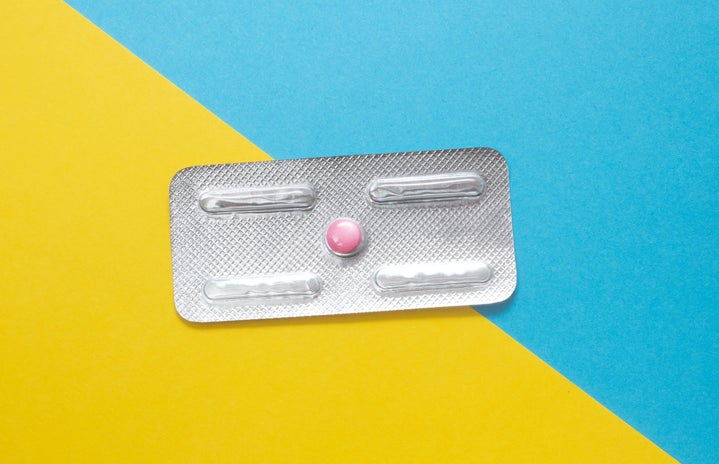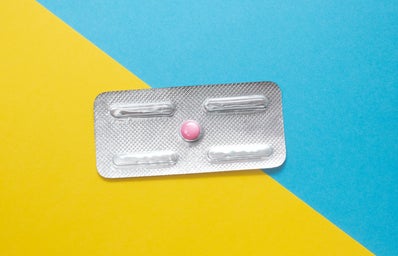What is it?
The ‘morning after pill’ is the most common form of emergency contraception used in Ireland. It is generally taken in order to prevent pregnancy from occurring in the case of unprotected sex or failed contraception. It does not protect against sexually transmitted diseases.
How does it work?
The pill is designed to be taken before ovulation (about halfway in your cycle). It works by stopping or delaying the egg from being released from the ovaries. If ovulation has already occurred, the pill will not work.
Your fertile window (4 days before and 1 day after ovulation – usually) is the time period when the morning-after pill will not work.
If you have passed your fertile window, it is unlikely that you will need the morning after pill. (But speak to a medical professional just in case!)
When I can use it?
The LNG-ECP morning after pill can be effective up to 72 hours after intercourse and ejaculation has occurred. It recommended to get the morning after pill as soon as possible after sex as effectiveness may decrease with time. The other pill, UPA, can be taken after 5 days or 120 hours but must be prescribed by a doctor.
Where can I get the morning-after pill?
Your first stop should be your pharmacy, as you can get a certain type of pill without a prescription. Ask to speak to the pharmacist. They will ask you some questions about your general health, allergies, and your current cycle. They will then determine which pill is suited to you. There is one type of pill that needs to be prescribed by a doctor – but your pharmacist will advise you so don’t panic!
Is it safe?
There are no long-term effects of using the morning after pill. However, in the short-term there have been reports of dizziness, nausea, headaches and sore breasts. Nothing too serious but if symptoms persist, see your doctor!
The morning after pill can be taken twice in the one cycle in extreme circumstances but it is generally not advised.
You can take the morning after pill multiple times in your life and it has no link to decreased fertility.
Remember though, it is called emergency contraception for a reason and will not protect against further pregnancies so make sure to find an effective long-term method of contraception.
Situations for using the morning-after pill:
-if the condom broke during sex or you used an out of date condom
– you missed one or more of your normal contraception pills
– you’ve been vomiting, had diarrhoea or have been taking antibiotics (all of which can prevent your normal contraception from working)
– if you’ve have unprotected sex
– if you’ve been sexually assaulted
Remember, all of this is very general so please please please consult a medical professional for more specific and personal advice!


